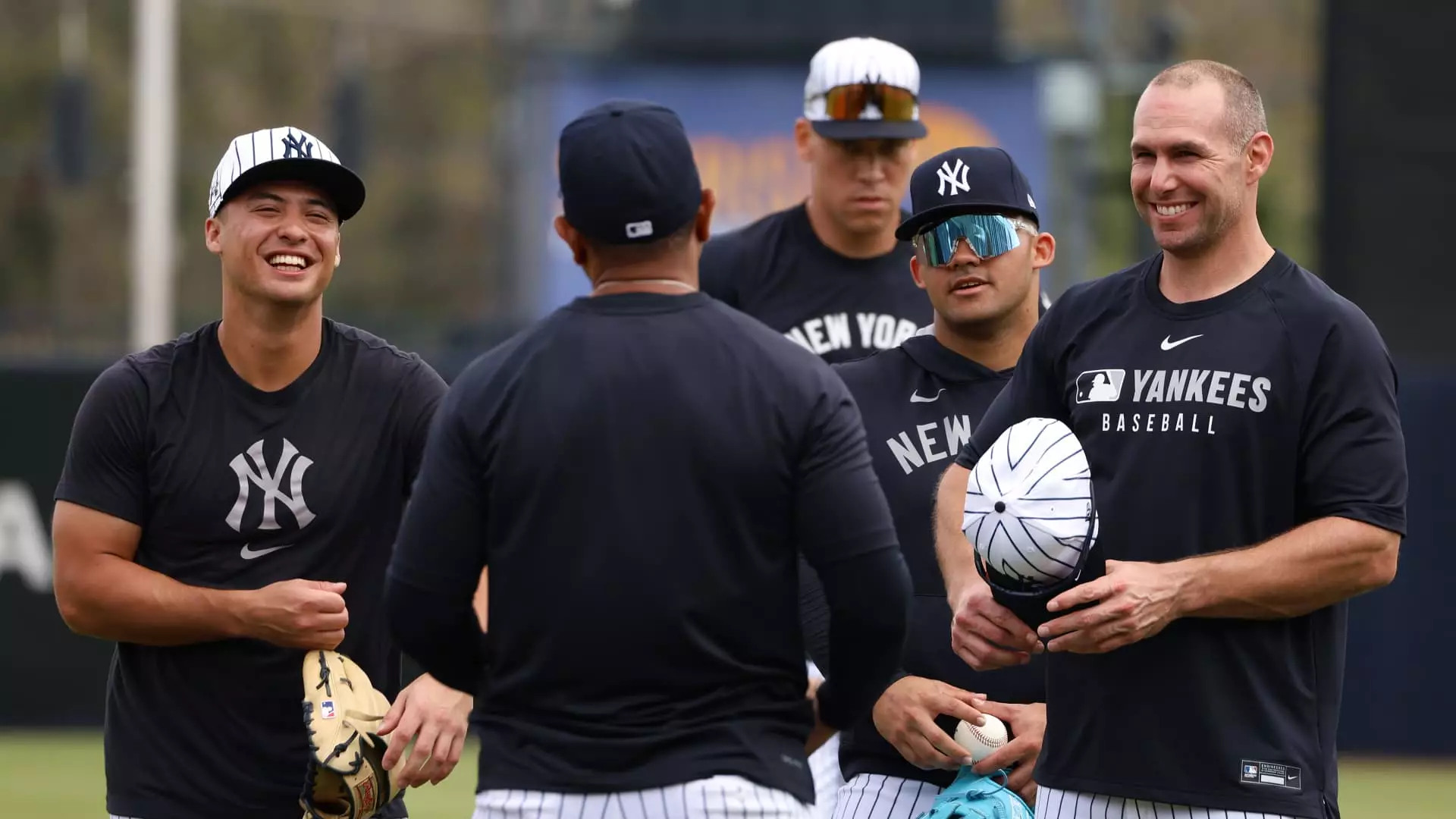In a surprising and strategic move, the New York Yankees have lifted the long-standing ban on beards and are now allowing players to sport “well-groomed beards.” This policy shift, announced by owner Hal Steinbrenner, marks a significant evolution in the team’s culture and brand, which has been relatively unchanged since the late 1970s. Steinbrenner indicated that this decision followed discussions with former and current players and is part of an ongoing dialogue that has been brewing for several years. The leadership has recognized a need for adaptation within a progressively shifting landscape of professional sports.
The Yankees’ vigorous grooming standards originated under George Steinbrenner, Hal’s father, who instituted the beardless policy as a way to cultivate discipline and instill a sense of solidarity among the players. In 1978, Steinbrenner articulated a desire to foster pride in the team’s identity, equating a clean-shaven appearance with professionalism. Over the years, this stringent rule saw the Yankees known for their polished image rather than individual expression. Although the policy did allow for mustaches and some exceptions on religious grounds, it remained a symbol of tradition and uniformity, often met with contention from players.
The beardless policy has had far-reaching implications, affecting player recruitment and team culture. Several athletes have expressed their reluctance to join the Yankees, primarily due to the rigid grooming standards. Notable figures like Andrew McCutchen and David Price have publicly voiced their opposition to the ban, citing personal identity and self-expression as critical elements in their professional lives. Furthermore, former captain Don Mattingly’s infamous benching for refusing to cut his hair highlighted the clash between individual autonomy and team expectations, drawing media attention and public debate on the topic.
By allowing well-groomed beards, the Yankees are aligning themselves with broader societal changes that emphasize individuality. Today’s athletes are often seen as brands in their own right, with fans favoring players who exude authenticity rather than adhering strictly to traditional norms. The recent decision comes at a time when personal expression has become more acceptable in sports, underscoring the necessity for historic franchises like the Yankees to evolve.
As the Yankees step into this new chapter, they open themselves up to attracting a wider pool of talent. The change may not only rejuvenate team morale but may also enhance the franchise’s image among younger fans who appreciate a more relaxed approach to self-expression. Ultimately, by revisiting and revising this time-honored policy, the Yankees are challenging their historical identity while signaling a commitment to progress and modernization, promising exciting prospects for the team’s future.

